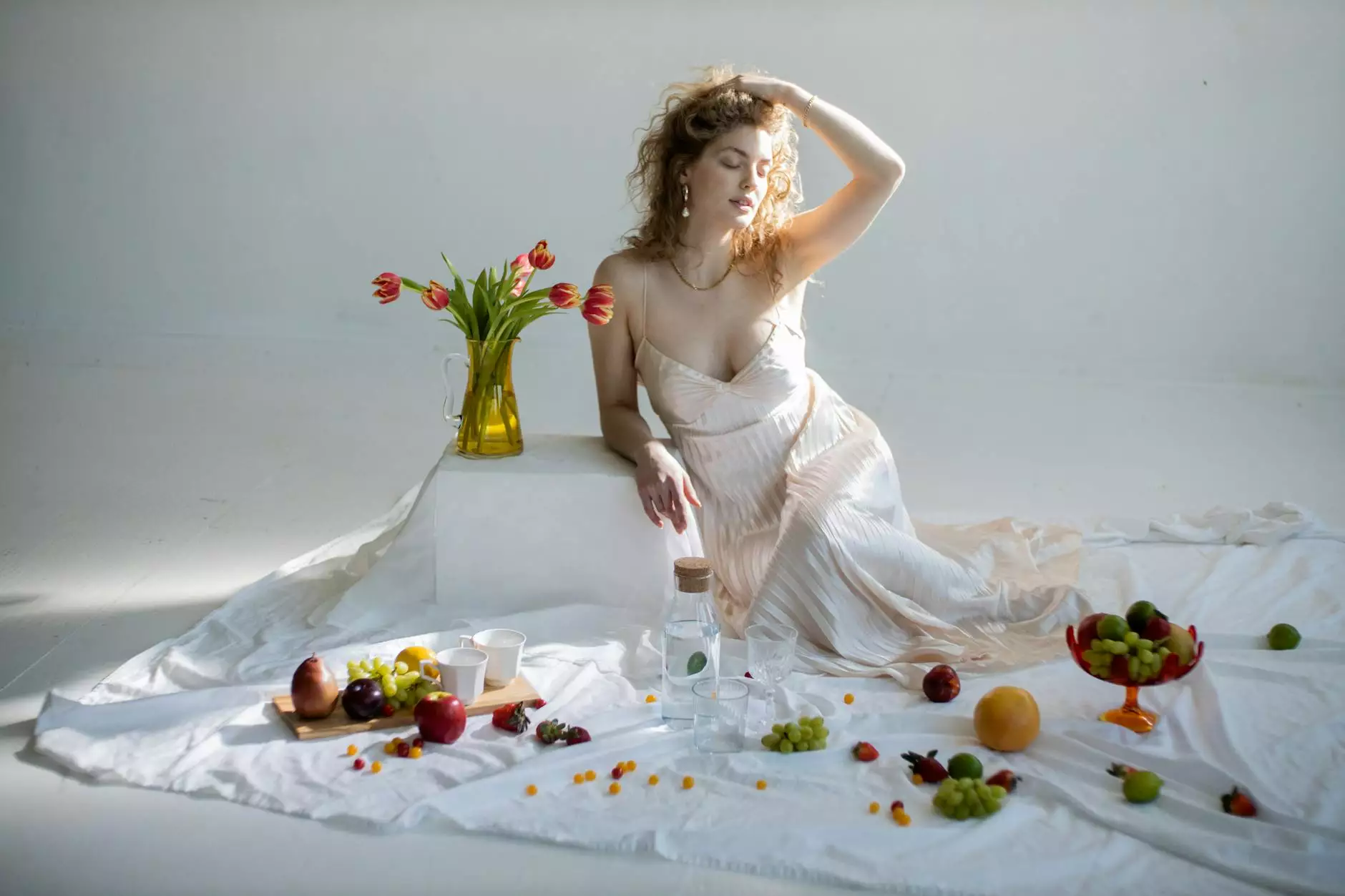Tulip Flower Symbolism: Understanding the Meaning Behind the Beauty

Tulip flowers have captivated hearts and minds for centuries, not only for their stunning beauty but also for their deep and intricate symbolism. As one of the most cherished flowers in gardens around the world, tulips evoke a variety of emotions and meanings, making them a popular choice for gardens, floral arrangements, and significant occasions. In this comprehensive article, we will explore the rich symbolism of tulips, their cultural significance, and how their meanings can inspire us in our everyday lives.
The Historical Significance of Tulips
Tulips originated from the mountainous regions of Central Asia, where they were first cultivated for their vibrant foliage and stunning blossoms. They gained popularity in the 16th century, particularly in the Netherlands, where the tulip mania phenomenon occurred. This period saw tulip bulbs becoming so valuable they were traded like currency, signifying wealth and status. This brief history provides an intriguing backdrop to the myriad meanings embodied in tulip blooms.
Universal Meanings of Tulips
Across various cultures, tulips symbolize love, passion, and beauty. The meanings can vary significantly depending on the color of the tulip, making them highly versatile in their representations.
Red Tulips: A Declaration of Love
Red tulips are the quintessential representation of true love. They often convey feelings of romance and passion, making them a popular choice for Valentine's Day and anniversaries. The vibrant hue captures the heart’s desire, symbolizing a blossoming relationship or deep affection for someone special.
Yellow Tulips: Cheerful & Optimistic
In contrast, yellow tulips symbolize joy, cheerfulness, and sunshine. They are often gifted to friends or loved ones to express good wishes and happiness. This particular color is uplifting and represents the warm feelings associated with friendship and new beginnings.
White Tulips: Purity and Innocence
White tulips embody purity and innocence, making them a prominent choice for weddings and other ceremonial occasions. They signify new beginnings and are often used to express the hope for a fresh start or a new chapter in someone’s life.
Purple Tulips: Royalty and Elegance
Purple tulips convey a sense of royalty, luxury, and elegance. Historically, this color was associated with monarchs and the wealthy, making it a sophisticated choice for special events and significant celebrations.
Tulip Color Combinations and Their Meanings
The combination of different colored tulips can create even deeper or more nuanced meanings. For instance:
- Red and Yellow Tulips: The combination represents a cheerful, enthusiastic love.
- Pink and White Tulips: These colors together symbolize a balance of affection and purity, often representing new love.
- Multicolored Bouquets: A mix of various colored tulips can denote diversity and richness in relationships, celebrating different aspects of love and friendship.
Cultural Significance of Tulips
Tulips hold a special place not only in gardens but also in various cultural contexts around the globe. Here, we delve into how different societies perceive and celebrate these flowers:
Tulips in Art and Literature
Tulips have been a significant inspiration for many artists and writers throughout history. From paintings depicting blooming tulips to poems that extol their beauty, these flowers have left an indelible mark on human creativity. The flower's delicate form and vibrant colors provide a feast for the senses, prompting reflections on beauty, love, and the passage of time.
Tulips in Festivals and Celebrations
Various cultures celebrate tulips through festivals that highlight their beauty and significance. Notably, the Keukenhof Gardens in the Netherlands hosts a renowned tulip festival each spring when millions of tulips bloom, attracting tourists from all over the world. This celebration not only showcases the flowers but also emphasizes their cultural importance as symbols of national pride.
Tulips in Symbolism and Folklore
Folklore often adapts tulips into stories of love and transformation. In Turkish culture, for example, tulips symbolize divine beauty and the love of God. They are often associated with the heavenly and are celebrated as flowers that bring believers closer to their spiritual essence. This rich symbolism highlights how tulips can encompass profound spiritual meanings, transcending mere physical beauty.
Growing and Caring for Tulips in Your Garden
If you are inspired to bring the symbolism of tulips into your home, understanding how to grow and care for them is essential. Here are some tips for planting and nurturing these beautiful flowers:
Choosing the Right Bulbs
When selecting tulip bulbs, opt for healthy specimens that are firm and free from blemishes. The size of the bulb can impact the flower size and bloom, so choose larger bulbs for more vibrant blooms.
Optimal Planting Time
The best time to plant tulips is in the fall, approximately six weeks before the ground freezes. This timing allows the bulbs to establish roots before winter.
Soil and Sunlight Requirements
Tulips thrive in well-draining soil and require plenty of sunlight to flourish. Aim for a location that receives at least six hours of direct sunlight each day for optimal growth.
Watering and Maintenance
While tulips prefer well-drained soil, they still require regular watering during the growing season. It is advisable to water them thoroughly but avoid waterlogged conditions, which can lead to bulb rot. After blooming, allow the foliage to die back naturally as it helps replenish the bulb's nutrients for future blooms.
Integrating Tulips Into Your Life
The beauty and symbolism of tulips allow them to play various roles in our lives. Beyond garden aesthetics, these flowers can represent personal values and emotions in creative ways:
Symbolic Gifts
Offering tulips as gifts can be a heartfelt gesture. Whether it’s a bouquet of red tulips to express love or yellow tulips to convey friendship, the act of gifting these flowers carries significant emotional weight. Consider pairing them with a personal note to enhance their meaning.
Home Decor
Your living space can also reflect the *symbolism of tulips*. Using tulip arrangements in your home decor can brighten up any room and create an atmosphere of warmth and positivity. Fresh cut tulips or even quality artificial ones can serve as a vibrant and elegant centerpiece.
Mindfulness and Appreciation
Practicing mindfulness while observing tulips can deepen your appreciation for nature. Taking the time to enjoy their beauty, whether in a garden or a floral arrangement, can serve as a reminder of the transient nature of life and the importance of cherishing the beautiful moments.
Conclusion: Embracing the Symbolism of Tulips
Tulips are more than just a pretty flower; they embody a range of profound meanings and emotions. From showcasing love and friendship to symbolizing purity and royalty, tulips represent themes that resonate deeply within human experiences. As gardeners and flower enthusiasts, embracing the symbolism of tulips allows us to connect more meaningfully with nature and the world around us. Whether you choose to plant them in your garden or gift them to a loved one, tulips will always remain a beautiful expression of sentiment and beauty. Visit tulips.co.uk for everything you need to know about tulips and how to enhance your gardening experience.
tulip flower symbolism








